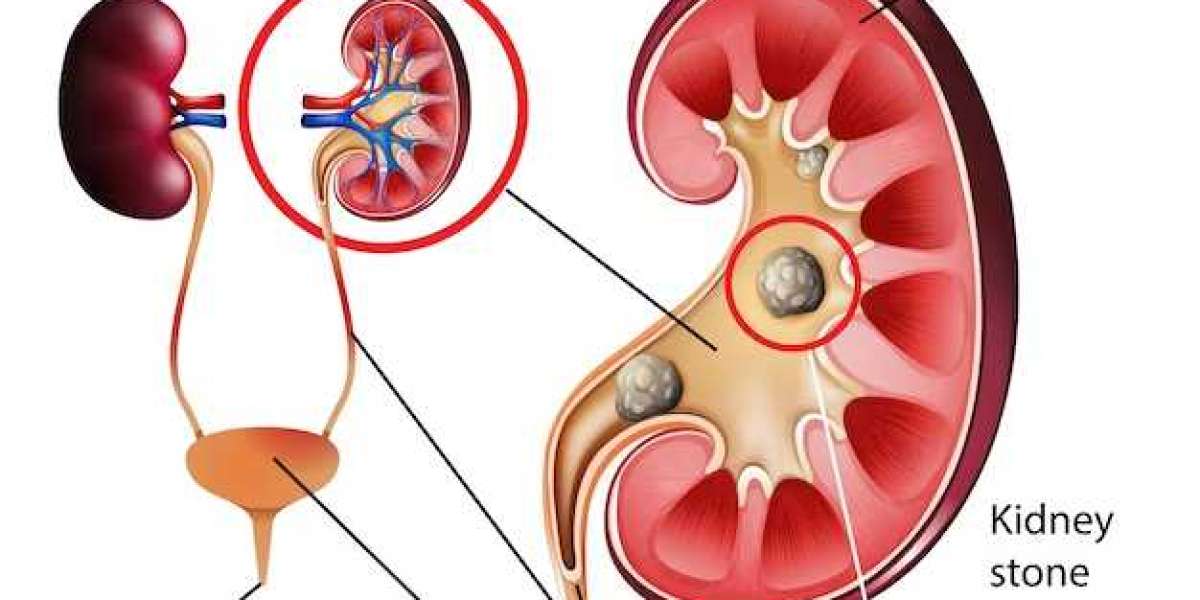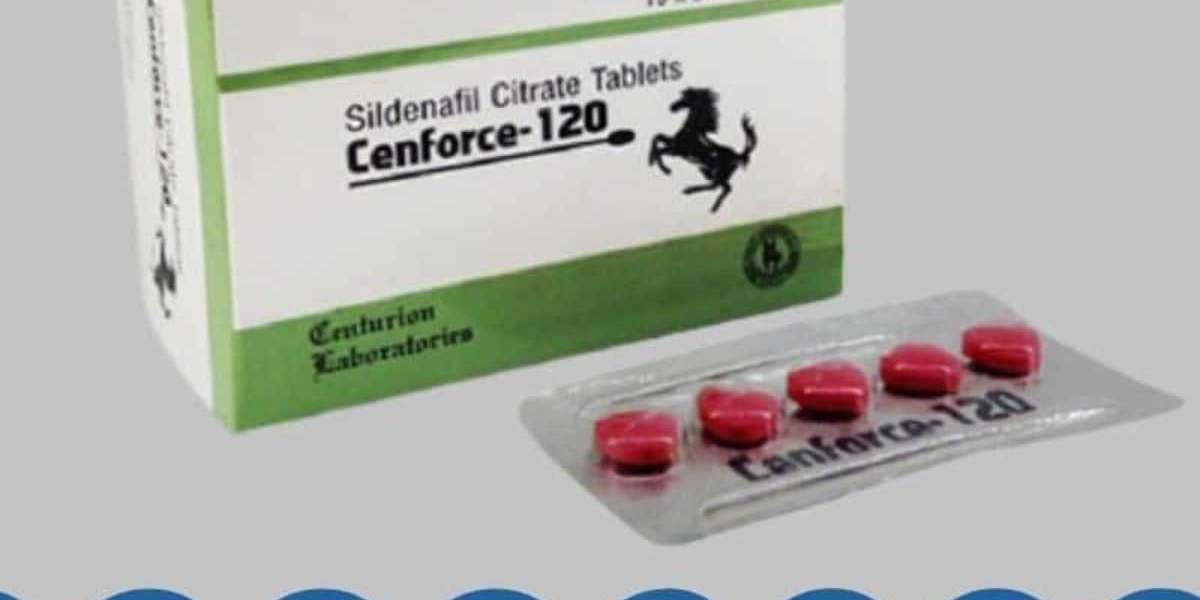Water makes up between 60 and 70 percent of the body weight, and all bodily functions depend on it. When we lose too much of this vital bodily fluid, we become dehydrated. Diarrhea, vomiting, sweat, or additional losses in the urine, such as poorly managed diabetes, can all contribute to this water loss. Dehydration in our body often impacts our kidneys, too. Dehydration may lead to the formation of kidney stones in our bodies.
In this blog, we will learn in detail about the link between dehydration and kidney stones. To make this post knowledgeable, we have gathered insights from Dr. Niren Rao, renowned for kidney stone treatment in Delhi. Let’s begin by understanding the importance of water for our bodies.
The Importance Of Water For Our Body
Water aids in the removal of waste products from the blood through urine. Additionally, water keeps the blood vessels open, allowing blood to flow to the kidneys and carry vital nutrients freely. However, the effectiveness of this delivery system is compromised if one becomes dehydrated. In addition to making one feel exhausted, mild dehydration can interfere with regular bodily processes. It is important to stay hydrated when working out or working hard, especially in warm and muggy weather, as dehydration can cause damage to the kidneys. Even mild dehydration on a regular basis has been linked to permanent kidney damage.
Why One Gets Kidney Stones?
The majority of the drinks you consume and every food you eat are rich in minerals. Although our body requires a wide variety of minerals to function properly, an excess of minerals can accumulate in the kidneys and form clusters that resemble stones if the urine is unable to flush them out.
When calcium and oxalates, two distinct mineral kinds that are responsible for the majority of kidney stones, are ingested simultaneously during a meal, they bind together in the digestive tract. On the other hand, they bind together in the kidneys during the production of urine if one eats them separately or does not drink enough water. Insufficient fluids in the urine cause the bound calcium and oxalates to accumulate and form stones.
Link Between Dehydration And Kidney Stones
Dr. Niren Rao, a well-known urologist for kidney stone treatment in Delhi, explains the link between dehydration and kidney stones.
Dehydration can also result in kidney stones and urinary tract infections, both of which can harm the kidneys if left untreated. When we drink enough water, the crystals that form kidney stones are less likely to adhere to one another. Water increases the effectiveness of antibiotics used to treat urinary tract infections by dissolving the medication. In order to eliminate germs, water also increases the production of urine.
How Much Water Intake Is Enough In A Day?
For most of your life, you have undoubtedly heard that you should consume eight glasses of water each day. But what is the glass's size? Each glass should hold eight ounces, or one full cup, of water. However, drinking eight glasses of water a day will not keep the urine clear and stone-free. Rather, we should have ten to twelve full cups of water each day. That is equivalent to roughly three liters.
Additionally, one must make sure to get enough water from the food in addition to their regular intake. One must eat as many fresh fruits and vegetables as one can to stay hydrated, nourish the tissues, and help prevent the formation of stones.
Conclusion
Kidney stones are hard lumps composed of excess struvite, uric acid, calcium oxalate, or cysteine. These materials may combine inside the kidneys to form a variety of sized stones. Staying hydrated is essential to maintaining the health of our body and kidneys. Water helps the body move all the waste particles out of our body through urine.
If one is looking for a skilled urology doctor in Delhi, they can consult Dr. Niren Rao. He has over 19 years of experience. He does PCNL, Mini PCNL, RIRS (retrograde intrarenal surgery), and URS (uretero-renoscopy), among other procedures to remove large and painful kidney stones. To avail the benefits, or to get the expert’s help pay a visit now at Delhi Urology Hospital.







